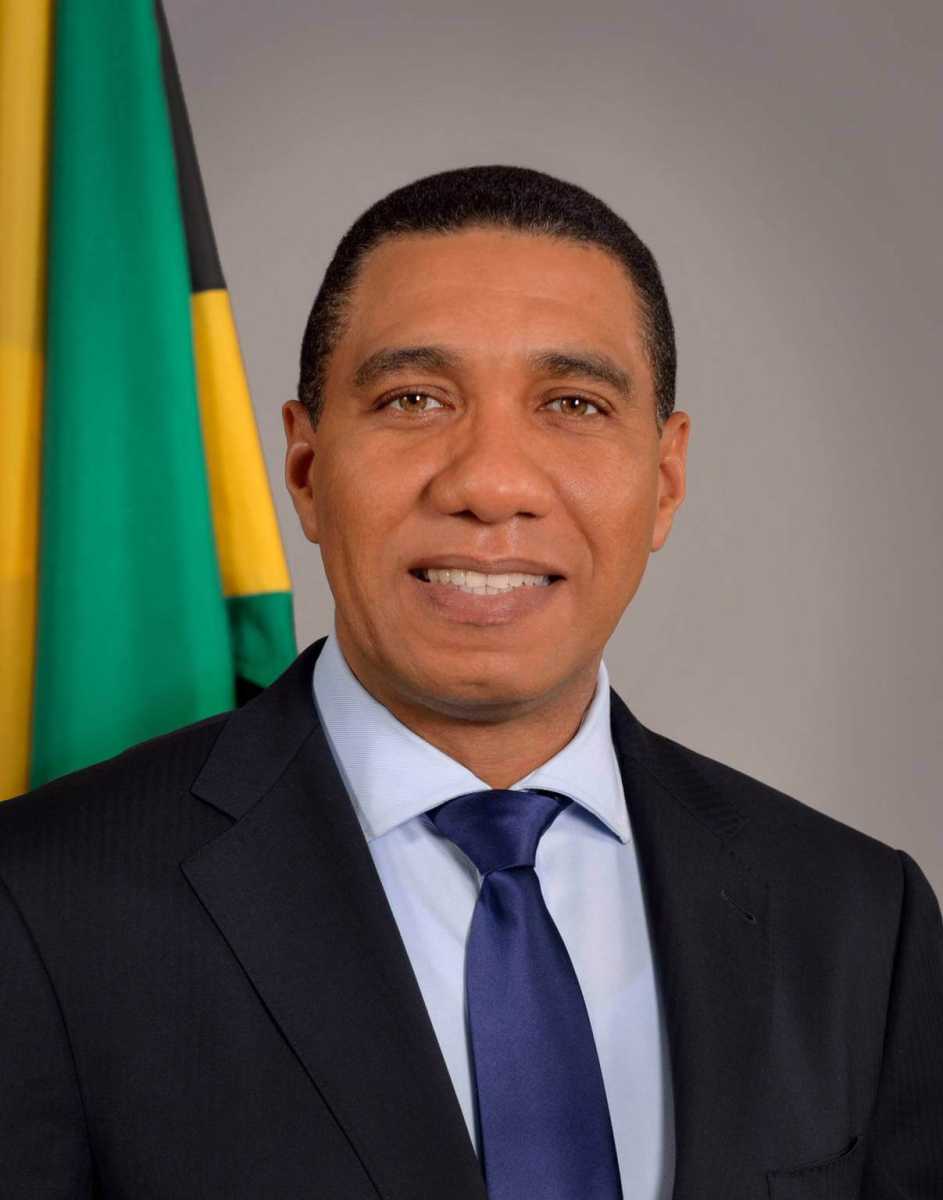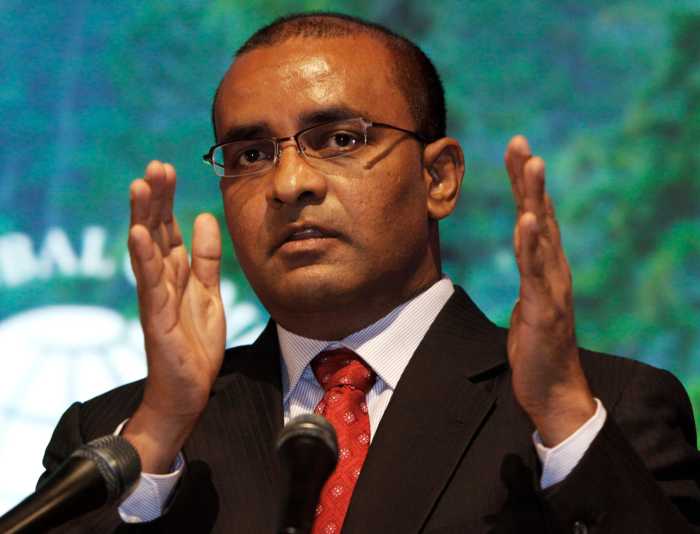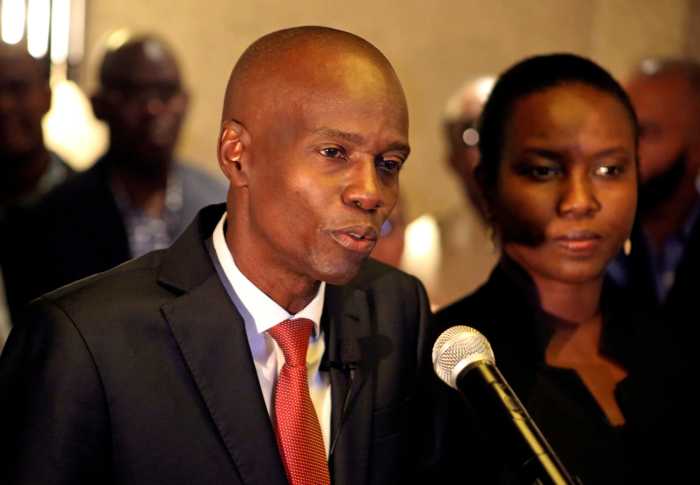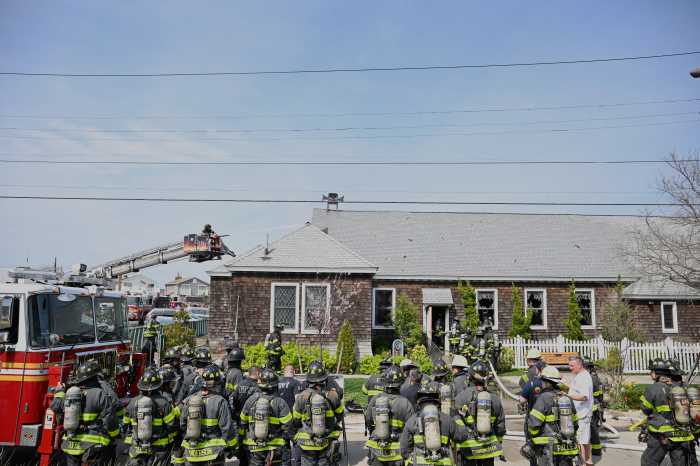Prime Minister Andrew Holness on Wednesday set Sept. 30 as the date for a by-election in a crucial rural constituency and the result could give it an indication as to how the electorate views the governing Jamaica’s Labor Party (JLP) ahead of general elections scheduled for next year.
Holness announced the date for rural St. Ann’s hours after junior education minister and area lawmaker Marsha Smith had announced her immediate resignation as the MP and as a junior cabinet minister in circumstances that are still unclear.
Her departure now means that the JLP will have to fill three parliamentary seats in the coming months but while the JLP has a 49-14 assembly lead and faces no real threat of disruption in the house, officials are known to be nervous about how a loss in St. Ann’s or any of the three constituencies will be viewed.
One of the three seats that will become vacant in the coming weeks would be that of outgoing Finance Minister Nigel Clarke who is headed to the International Monetary Fund (IMF) as one of its four deputies next month. He would be giving up the St. Andrew north west constituency at the end of October.
The third vacancy is linked to Trelawny South lawmaker Marisa Dalrymple-Philbert who vacated the seat more than a year ago. Marsha Smith who had trounced her People’s National Party (PNP) rival in general elections four years ago resigned almost to the day after her rookie election. She has been blamed by JLP officials of being one of the most ineffective lawmakers, sparking protests in her constituency by her own JLP supporters in recent months. Smith is expected to be replaced by Matthew Samuda, an appointed senator currently functioning as minister without portfolio in the economic growth and job creation ministry.
He is expected to resign this week to make way for his constituency run and election to parliament rather than hold an appointment in the senate Holness said.
Any by-election to fill a seat in elections tense Jamaica is viewed with political trepidation largely because the PNP has made significant grounds in the local government polls held in March. It had claimed the popular vote and control of several key corporations as the country prepares for general elections next year.


























